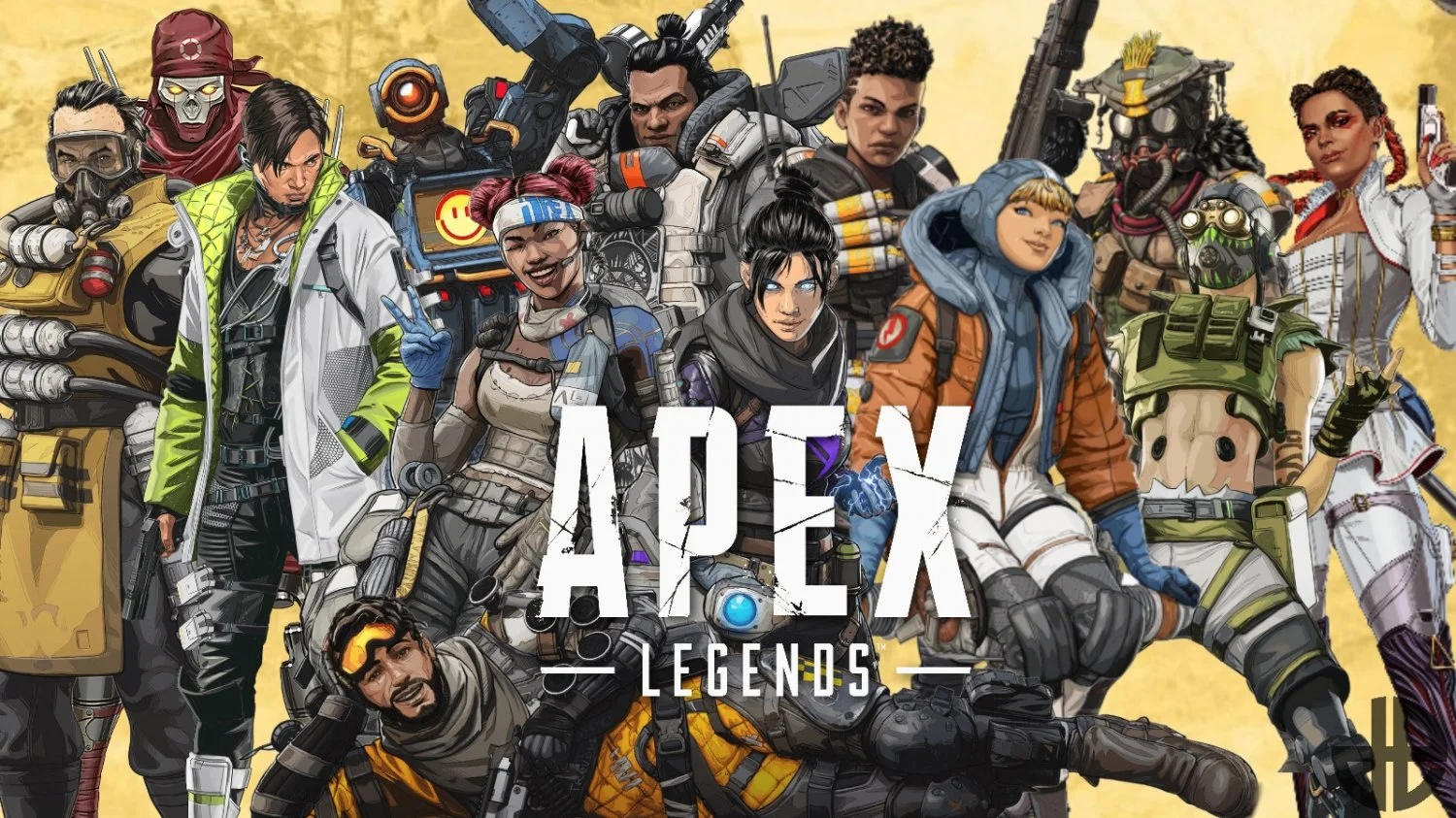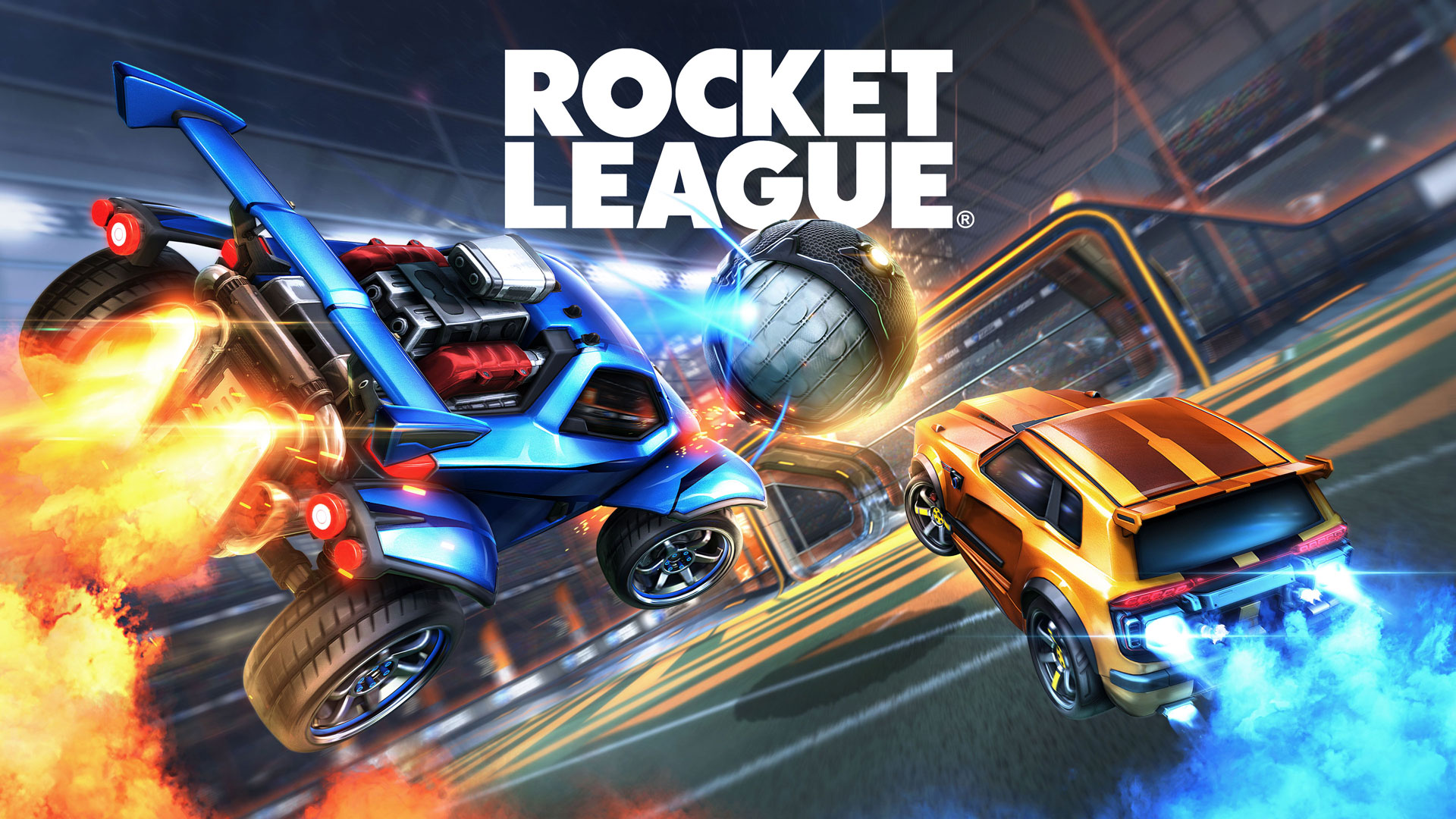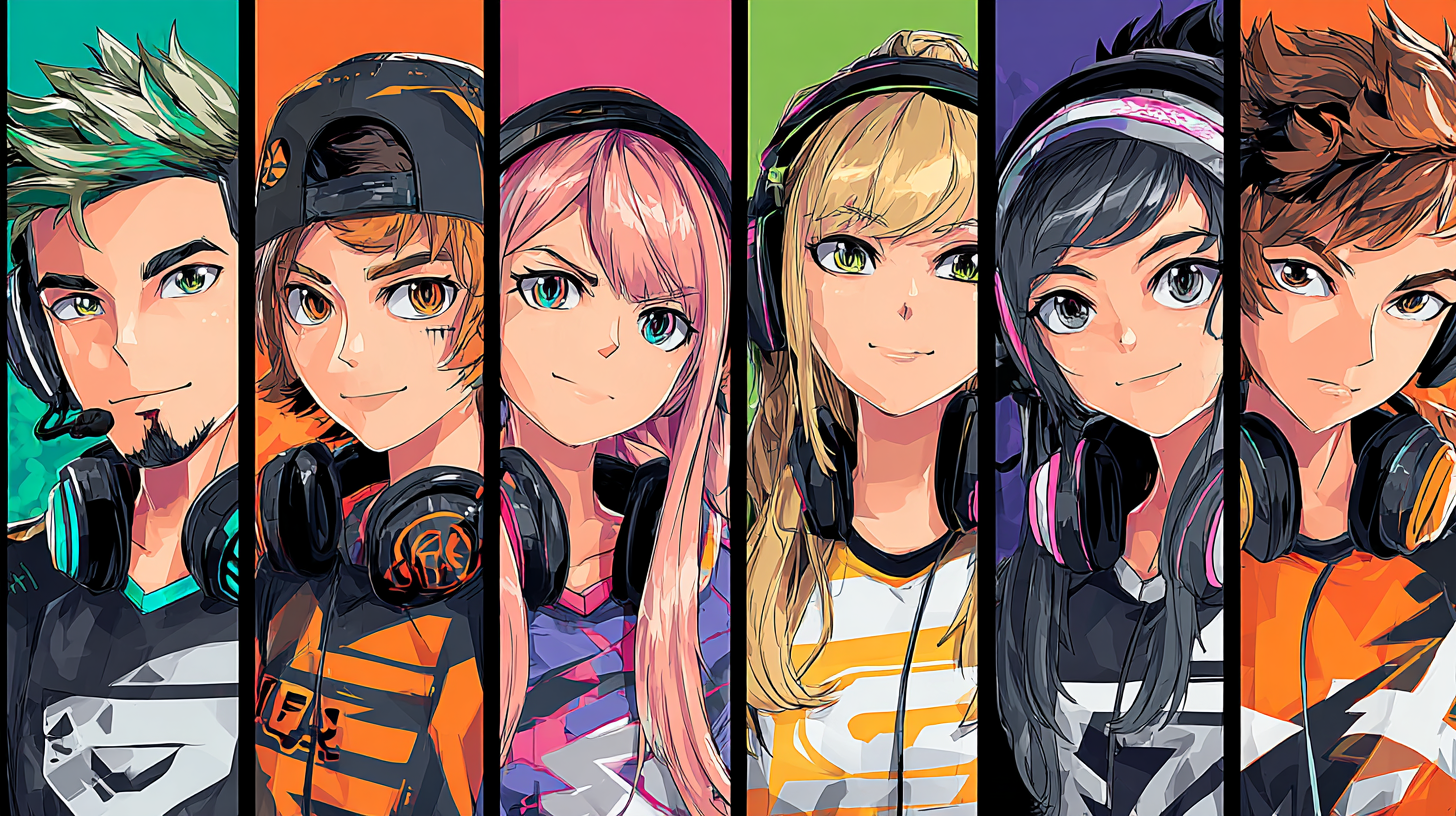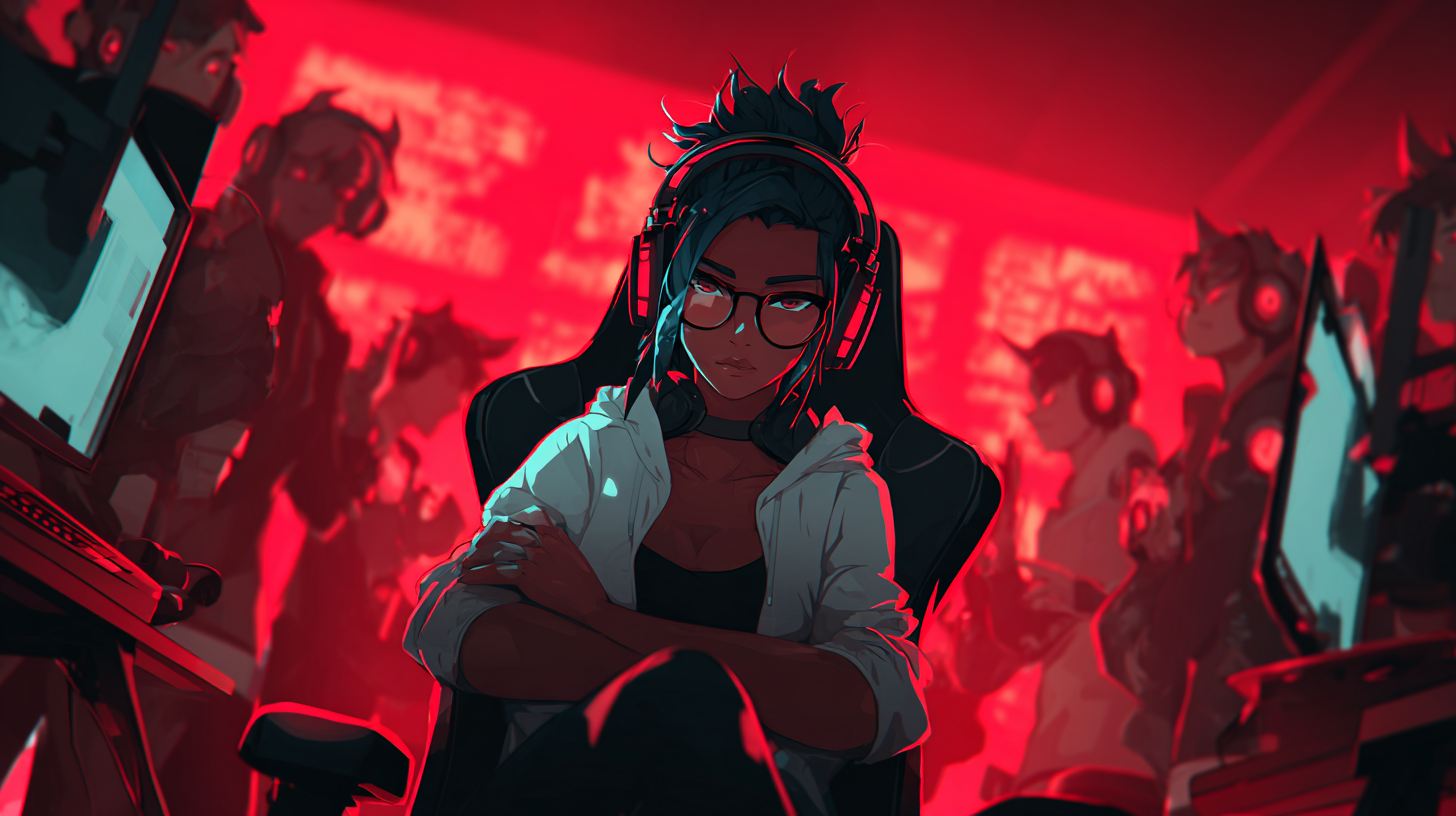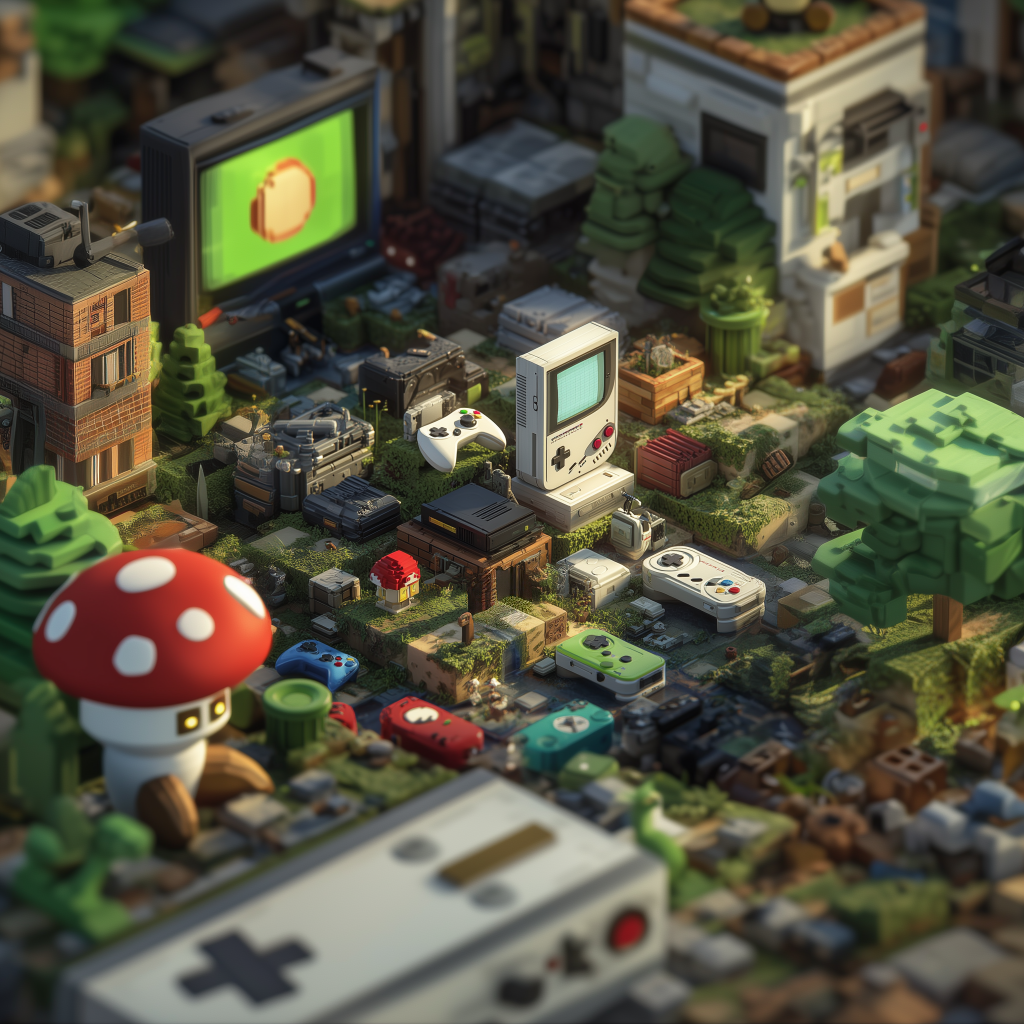Picture this: Three Diamond-level solo queue players team up. They all have excellent aim, game sense, and individual mechanics. Yet they hardstuck in Platinum. Meanwhile, a trio of Gold-skilled players with perfect chemistry cruises to Diamond with a 65% win rate. How?
The answer reveals one of competitive gaming's most important truths: In team-based games like Apex Legends, chemistry beats raw skill almost every time.
Individual talent gets you to Platinum. Team chemistry gets you to Masters. Understanding this distinction transforms how you approach ranked and who you choose as teammates.
Introduction
After studying thousands of successful ranked trios and interviewing players from Gold to Predator, one pattern emerges consistently: The teams that climb fastest aren't necessarily the most mechanically skilled—they're the most coordinated, communicative, and synergistic.
Think about professional Apex teams. Yes, they're all incredibly skilled individually. But what separates championship teams from good teams? Chemistry. Trust. Understanding each other's tendencies so well that communication becomes almost telepathic.
You can build that same chemistry with your ranked squad. While finding compatible teammates can be challenging, platforms like Jynx are making it easier with AI-powered matchmaking that considers personality compatibility and communication styles, not just rank.
Let's explore exactly why chemistry matters so much and how to build it with your squad.
The Three Pillars of Team Chemistry
Great team chemistry in Apex Legends rests on three foundational elements.
Trust in Combat Situations
Trust is the invisible force that turns three players into one unit.
What combat trust looks like: When your teammate pushes a cracked enemy, you don't hesitate—you instantly follow up because you trust their read on the situation. When they call for a retreat, you disengage immediately without questioning the call mid-fight.
Without trust: Your teammate cracks an enemy and pushes. You hesitate, thinking "Is this a good idea?" By the time you decide to commit, they're already knocked. Or they call retreat, but you stay to finish damage, get caught out, and die.
Building combat trust:
- Consistent decision-making patterns over many games
- Reliability in backing up teammates
- Acknowledging mistakes instead of blaming
- Proving you'll be there when needed
Trust develops through repeated experiences. This is why day-one squads struggle but teams with 50+ games together flow naturally.
Communication Synchronization
Good communication isn't about talking constantly—it's about synchronized information sharing.
Synchronized teams communicate:
- The right information at the right time
- Critical callouts without information overload
- Non-verbal cues (positioning, pings) effectively
- Constructive feedback after fights
- Strategy adjustments mid-game
Example of synchronized comms: Player 1: "Cracked Wraith pushing our right" Player 2: "I see her, I've got her" Player 3: "Watching flank, you're safe"
Three short callouts. Complete information exchange. No confusion.
Example of unsynchronized comms: Player 1: "There's enemies over there by that building, I think I hit one maybe twice, they might be—" Player 2: "WRAITH WRAITH WRAITH" Player 3: "Where? I don't see anyone. Are we pushing?"
Same situation. Chaos. Lost fight.
This is exactly why AI-powered matchmaking is revolutionizing how gamers connect—it takes communication style compatibility into account automatically, matching you with players who communicate at your preferred pace and density.
Strategic Alignment
Chemistry requires everyone rowing in the same direction strategically.
Strategic alignment means:
- Shared playstyle philosophy (aggressive vs tactical)
- Agreed rotation preferences (early vs edge)
- Common fight selection criteria
- Unified risk tolerance levels
- Matching long-term goals (hit Diamond vs push Pred)
Strategically aligned team: Circle appears. Everyone knows the plan: grab one more POI worth of loot, rotate early to position, contest if needed, gatekeep. No discussion required because everyone's on the same page.
Strategically misaligned team: Circle appears. One player starts rotating immediately. Second player wants to finish looting the area. Third player heard gunfire and wants to third-party. The team splits. Everyone dies to different squads.
Strategic alignment doesn't mean you play the exact same way every game—it means you agree on decision-making frameworks that guide choices.
Real Examples: Chemistry Beating Raw Skill
Theory is nice. Let's look at concrete examples of chemistry triumphing over individual talent.
The Coordinated Trade vs The Solo Hero
Scenario 1: High skill, low chemistry Diamond-level solo player with cracked aim gets first knock in a fight. Pushes aggressively to secure the kill. Gets knocked by the remaining two enemies because teammates weren't ready to trade. Team fights 2v3, loses the round.
Individual skill: High. Team result: Loss.
Scenario 2: Moderate skill, high chemistry Plat-level team gets first knock. All three immediately recognize the opportunity. Push simultaneously from three angles. Even though their aim is average, the coordinated 3v2 crossfire is impossible to defend. Easy squad wipe.
Individual skill: Moderate. Team result: Win.
The difference? The second team understands trading and crossfire fundamentals. They win through coordination, not superior mechanics.
Rotation Timing and Zone Positioning
High skill, low chemistry: Three mechanically talented players land hot, win early fights, and accumulate KP. Circle closes. One player wants to rotate immediately. One wants to loot death boxes. Third wants to third-party nearby gunfire. They compromise by doing all three poorly. Get caught in zone taking damage, run into a well-positioned team holding zone, die in the open.
Placement: 12th. RP: +10 (minimal gain despite early KP).
Moderate skill, high chemistry: Three average players land safe, grab decent loot, and get minimal early KP. Circle appears. Entire team immediately starts rotating toward next zone. They arrive early, set up in a power position, and gatekeep three teams trying to enter late. Secure the position, make top 5.
Placement: 3rd. RP: +150 (massive gain through smart positioning).
The coordinated team's unified rotation timing gave them positioning advantage that no amount of individual skill can overcome.
Communication in High-Pressure Situations
Final ring scenario, high skill but poor chemistry: Three skilled players in a 3v3v3 final ring. Everyone makes individual micro-decisions. One player pushes left. One holds position. Third flanks right. Enemy teams focus-fire each isolated player one at a time. Loss.
Final ring scenario, moderate skill but strong chemistry: Three average players in the same 3v3v3. IGL makes the call: "We hold high ground until teams fight each other, then third-party the winner." Everyone executes the plan. Other two teams fight. Chemistry team waits patiently. Moment the fight ends, all three push together, win the game.
Champions. +250 RP.
The difference isn't mechanics—it's unified decision-making under pressure.
Building Chemistry with Your Squad
Chemistry isn't luck. It's built deliberately through specific practices.
Establishing Team Roles Early
Every successful Apex trio needs defined roles.
Essential roles:
- IGL (In-Game Leader): Makes rotation calls, decides which fights to take
- Entry fragger: Takes first contact, creates openings
- Support/anchor: Enables teammates, provides escape routes
Assign these roles explicitly. Don't assume they'll naturally emerge.
How to assign roles:
- Discuss each player's strengths honestly
- Assign roles based on natural tendencies
- Try roles for 5-10 games
- Adjust if assignments feel forced
- Commit once roles feel natural
Teams where everyone tries to IGL simultaneously create decision paralysis. Teams where nobody leads drift aimlessly. Define roles clearly.
Creating a Shared Language
Develop team-specific callouts and shorthand.
Standard callouts everyone should know:
- Location names (POIs, building callouts)
- Enemy armor levels ("Purple Octane low")
- Action calls ("Pushing", "Retreating", "Holding")
- Ability status ("Gibby bubble ready", "Seer ult up")
Team-specific shorthand you develop:
- Agreed number system (1-2-3 push call)
- Situation-specific strategies ("Run Waterfall play")
- Personality-based calls ("I'm tilting, you IGL this one")
Creating shared language reduces communication overhead. Instead of explaining a complex rotation, you say "Diamond rush" and everyone knows the plan.
Ready to find your perfect gaming squad? Jynx's AI matchmaking analyzes playstyle, skill level, and personality to connect you with compatible teammates who can build this kind of deep chemistry and shared understanding.
Practicing Together Intentionally
Chemistry doesn't develop through ranked grinding alone.
Intentional practice activities:
Warm-up routines together:
- Start every session with 15 minutes in firing range
- Practice call-out drills
- Run scenario discussions
- Build muscle memory as a unit
VOD review sessions:
- Watch your losses together
- Identify decision-making breakdowns
- Discuss what better play would look like
- No blame—focus on improvement
Custom lobby practice:
- Practice specific scenarios (final ring positions, third-party timing)
- Experiment with new strategies risk-free
- Build comfort with legend abilities in combination
Unranked trial runs:
- Test new compositions in low-pressure environment
- Try risky strategies you wouldn't run in ranked
- Build comfort executing together
Teams that practice intentionally build chemistry 3x faster than teams that only play ranked.
Common Chemistry Killers
Even compatible teammates can destroy chemistry through these mistakes.
Blame Culture
Nothing poisons chemistry faster than blame.
What blame culture looks like:
- "Why didn't you heal me?"
- "If you hadn't pushed, we would've won"
- "You always do this"
- "That was your fault"
Blame culture results:
- Teammates become defensive
- Communication shuts down
- Players stop taking necessary risks
- Team cohesion dissolves
How to avoid blame culture:
- Own your mistakes first
- Use "we" instead of "you" ("We pushed too early" vs "You pushed too early")
- Focus on solutions, not fault
- Praise good plays 3x more than criticizing mistakes
Example transformation: Blame: "Why did you push that?" Chemistry: "That was a rough fight—what should we have done differently?"
One statement destroys trust. The other builds improvement culture.
Inconsistent Availability
Chemistry requires repetition. Sporadic availability prevents chemistry from developing.
Chemistry-killing patterns:
- Playing together once a week vs daily
- Inconsistent session times
- Frequently canceling without notice
- Rotating fourth/fifth players regularly
Chemistry-building patterns:
- Consistent schedule (same days/times weekly)
- Reliable attendance
- Advanced notice of schedule changes
- Dedicated trio (no substitutes unless necessary)
If you want true chemistry, commit to consistent play together. One session per week won't build the muscle memory and trust that daily play develops.
Refusing to Adapt
Chemistry requires flexibility from all members.
Adaptation-resistant behaviors:
- Only playing one legend regardless of team needs
- Refusing to adjust strategy even when current approach fails
- Ignoring meta shifts
- "My way or the highway" mentality
Adaptation-friendly behaviors:
- Willing to try new legends for team composition
- Open to strategy experiments
- Adjusting to meta changes together
- Collaborative problem-solving
Teams that adapt together build chemistry. Rigid players prevent chemistry from forming.
Signs Your Squad Has Great Chemistry
How do you know when chemistry is truly clicking?
Natural Flow Indicators
You know chemistry is working when:
Rotations feel effortless: Circle appears, and without extensive discussion, the team moves as one unit toward the optimal position.
Trades happen automatically: Teammate takes damage, you're already moving to cover them before they call for help.
Comms become minimal: You communicate through positioning and pings more than voice. When you do talk, it's brief and instantly understood.
Fights feel coordinated: You push together, focus-fire naturally, and disengage as a unit—all without lengthy callouts.
Mistakes don't create tension: Someone whiffs shots or makes a bad call. The team laughs it off, adjusts, and keeps playing without blame.
Performance Metrics
Objective chemistry indicators:
Win rate increases: Not from individual skill improvement, but from better coordination (track this over 20+ game samples).
Average placement improves: Consistent top 5 finishes from smart rotations and positioning.
Team wipe rate increases: When you get first knock, you secure the full squad wipe 70%+ of the time.
Death proximity decreases: You rarely die isolated from teammates—when one dies, all three usually go down (sign of good trading).
Session enjoyment increases: Even losses feel less frustrating because you're enjoying playing together.
If these metrics improve over time, your chemistry is developing successfully.
Conclusion
Individual mechanical skill matters in Apex Legends—but only to a point. The difference between Platinum and Diamond, between Diamond and Masters, usually isn't aim training or movement tech. It's chemistry.
Three Gold-skilled players with perfect synergy, trust, and communication will outperform three Diamond-skilled players who barely coordinate. Chemistry creates force multiplication where the team's output exceeds the sum of individual capabilities.
Building chemistry requires:
- Clear role definition and strategic alignment
- Trust developed through consistent, reliable play
- Communication synchronization and shared language
- Intentional practice beyond just ranked grinding
- Avoiding blame culture and maintaining adaptability
Don't waste another season with incompatible teammates, hoping individual skill improvements will carry you to the next rank. Invest in finding compatible players and building real chemistry. The results will speak for themselves.
Download Jynx today and discover how AI can help you find the perfect Apex Legends teammates in minutes—players who match not just your rank, but your playstyle, communication style, and competitive goals. Start building championship-level chemistry today.
Frequently Asked Questions
Q: How long does it take to build good team chemistry? A: Basic chemistry develops in 20-30 games together (2-3 weeks of regular play). Deep chemistry where you operate almost telepathically takes 100+ games (2-3 months of consistent play). The key is playing together regularly, not just occasionally.
Q: Can you have good chemistry with teammates who are higher/lower rank than you? A: Yes, but within limits. Chemistry can bridge a 2-3 rank gap (e.g., Gold 1 and Plat 3), but larger gaps create frustration. The lower-ranked player struggles to keep up mechanically while the higher-ranked player feels held back. Similar rank (±1 division) works best for long-term chemistry.
Q: What if I have great chemistry with someone who's toxic to other players? A: This is a red flag. Players who are positive to you but toxic to others will eventually become toxic to you too, especially during stressful ranked sessions. Chemistry built on shared negativity toward others is unstable. Look for teammates who maintain positivity with everyone.
Q: Is it better to have one consistent trio or rotate between several good teammates? A: One consistent trio builds far better chemistry. Rotating teammates means you never develop deep trust, shared language, or strategic synchronization. If you want to climb seriously, commit to one trio and play 80%+ of your ranked games together.
Q: How do I rebuild chemistry after a big argument or falling out? A: Have an honest, non-defensive conversation outside of active gameplay. Acknowledge what went wrong from your perspective, listen to their side, and agree on how to prevent similar issues. If you can't have this conversation maturely, the chemistry probably wasn't that strong to begin with. Sometimes it's better to find new teammates than force broken chemistry.
